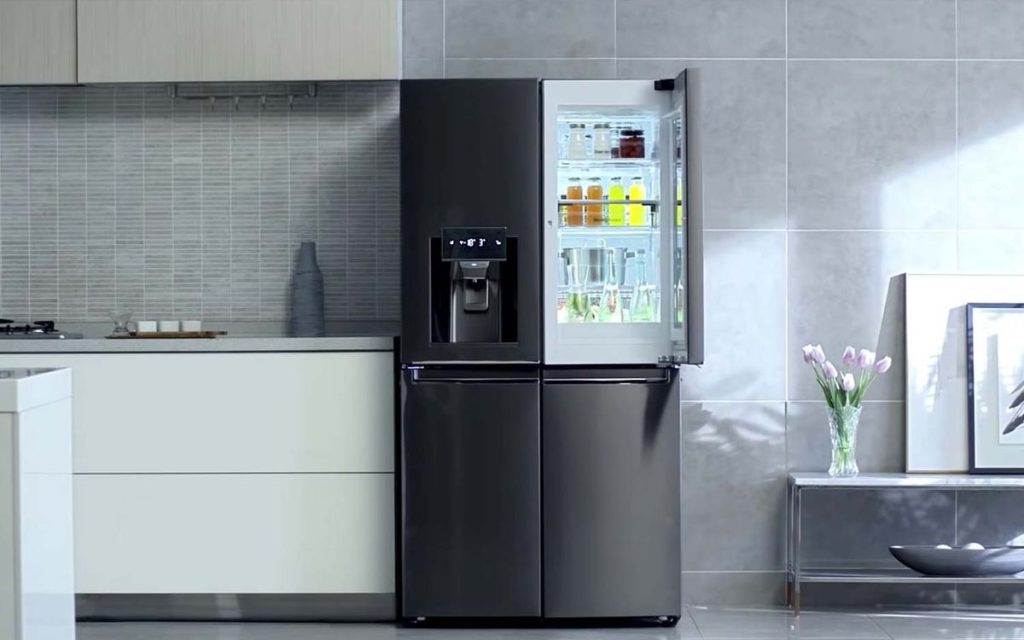Refrigerator, commonly known as a fridge, is a household appliance crucial for preserving food and maintaining health and safety in daily life. Its invention revolutionized food storage, allowing people to keep perishable items fresh for extended periods, reducing food waste, and enhancing convenience.
How Refrigerators Work
Refrigerators operate on the principle of heat exchange. They use a refrigeration cycle involving refrigerants, compressors, and evaporators to remove heat from the inside of the unit and release it outside. This cycle keeps the interior temperature consistently low, which slows bacterial growth and preserves the freshness of food. Modern refrigerators come with various features, including adjustable shelves, temperature controls, and energy-efficient designs.
Types of Refrigerators
- Top-Freezer Refrigerators: The most traditional design, these have the freezer compartment on top and the refrigerator section below. They are known for their affordability and efficient use of space.
- Bottom-Freezer Refrigerators: In these models, the freezer is located at the bottom, with the refrigerator section above. This design offers easier access to frequently used items.
- Side-by-Side Refrigerators: These feature two vertical compartments, with the freezer on one side and the refrigerator on the other. They often come with additional features like ice dispensers and water filters.
- French Door Refrigerators: Combining the benefits of bottom-freezer and side-by-side designs, these models have double doors for the refrigerator section and a single drawer for the freezer. They offer ample space and flexible storage options.
- Compact Refrigerators: Ideal for small spaces, such as dorm rooms or offices, these models are smaller in size but still provide essential refrigeration capabilities.
Benefits of Refrigeration
- Food Preservation: Refrigerators extend the shelf life of perishable items like dairy, meat, and produce by slowing down microbial growth and chemical reactions that lead to spoilage.
- Convenience: They allow for bulk buying and meal preparation, reducing the frequency of grocery shopping and making it easier to manage household food supplies.
- Health and Safety: By keeping food at safe temperatures, refrigerators help prevent foodborne illnesses caused by bacterial contamination.
Energy Efficiency and Modern Features
Modern refrigerators are designed with energy efficiency in mind, featuring advanced insulation, LED lighting, and smart technology. Energy Star-rated models consume less power, reducing environmental impact and utility costs. Some refrigerators come with smart features, such as touch screens, internet connectivity, and automated temperature controls, enhancing user convenience and functionality.
Conclusion
The refrigerator is an indispensable appliance that plays a vital role in modern living. Its ability to preserve food, offer convenience, and contribute to health and safety makes it a cornerstone of contemporary households. As technology advances, refrigerators continue to evolve, incorporating new features that cater to the changing needs and preferences of consumers.
